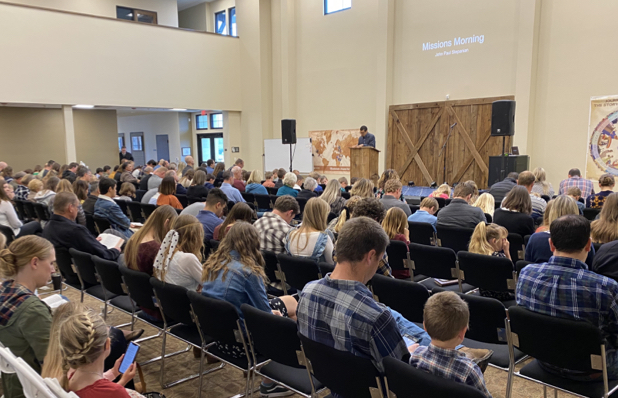May 28
2012
Ministry Focus: Upcoming Sundays
As a pastoral team, we're excited to have Jim Berg as a guest speaker next Sunday, June 3. Jim is a gifted speaker, writer, and counsellor. He also happens to be Angie McMorris's dad. He's written two excellent books on sanctification, Changed Into His Image and Created for His Glory. I've personally been blessed by Changed into His Image, having read it multiple times, and his short little book When Trouble Comes is also an excellent read on suffering. We'll have some of Jim's books available at the Hub, so you might want to consider picking one or two up there on Sunday.





